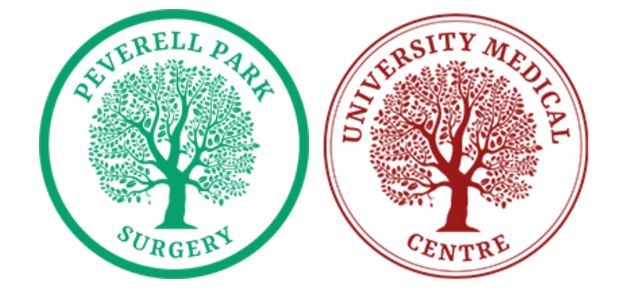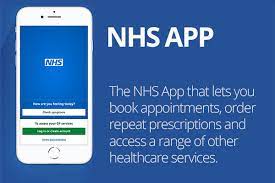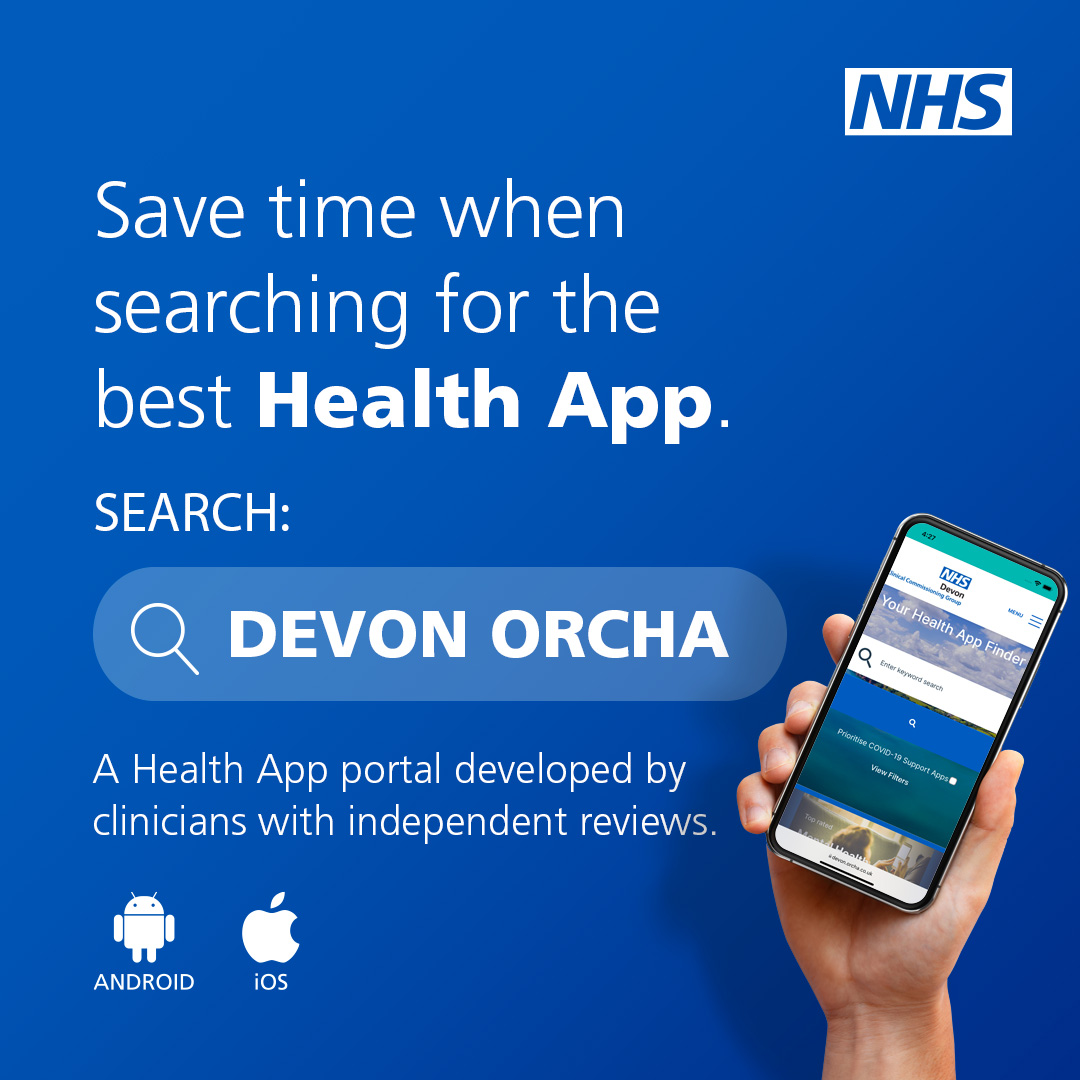Spring booster jabs are being offered to people at greatest risk of COVID-19 infection from Monday 21 March in the latest phase of the vaccine programme.
An additional Covid-19 vaccine dose is being offered as a precaution to people in Devon who are at extreme high risk from COVID-19 infection, many of whom had their first booster six months ago. This will help protect them if COVID-19 rates are high over the summer months and reduce their chances of needing hospital treatment if they do catch the virus.
The best time to have the spring booster is around six months after the previous booster, although the minimum interval is three months.
Leigh Mansfield, Programme director for the Vaccination Services at the Exeter COVID-19 Vaccination Centre (Greendale), said: “We’re looking forward to welcoming people back for their spring boosters.
“Our teams of staff and volunteers will be on hand to help and answer your questions. With continued high levels of COVID-19 in the community, we encourage those who are eligible to take up the offer to help protect them over the coming months.
“Those who can’t make it to a vaccination centre can be assured that our colleagues across Devon are visiting communities to ensure they are up to date with their boosters.
“It’s not too late for anyone who hasn’t yet had their first, second or first booster doses to come forward.”
Who can have the spring booster?
The groups eligible for the spring booster are:
- People aged 75 and older
- Residents in a care home for older adults, and
- People aged 12 and over who are immunosuppressed (have a weakened immune system) – this includes people in different groups including those with underlying health conditions such as chronic leukaemia or lymphoma, and those who have had immunosuppressive treatment following an organ transplant or have had radiotherapy or chemotherapy.
How to have the booster
You can have the booster either at a walk-in clinic or booked appointment. Outreach clinics will visit sites across Devon. People in care homes will have their vaccination
You can find your nearest walk-in clinic on NHS England’s site finder here. Appointments can be booked from 21 March via the National Booking System.
People can book a month in advance and must have had their first booster at least three months before the date of their spring booster.
If you have had COVID-19 you should ideally wait four weeks before having your spring booster. You should not attend a vaccine appointment if you are self-isolating or waiting for a COVID-19 test.
People who are housebound and managers of care homes for older people will be contacted by an appropriate NHS Team to arrange a visit.
Common side effects
As with previous doses, the common side effects are the same for all COVID-19 vaccines used in the UK and include a sore arm, tiredness, headache and mild flu symptoms.
You can rest and take paracetamol (follow the dose advice in the packaging) to help you feel better.
Although a fever can occur within a day or two of vaccination, if you have any other COVID-19 symptoms or your fever lasts longer, stay at home and you may need to have a test.
Symptoms following vaccination normally last less than a week. If your symptoms seem to get worse or if you are concerned, you can call NHS 111 or for textphone use 18001 111. You can also report suspected side effects of vaccines and medicines through the Yellow Card scheme.
Further information
There is more information on booster vaccinations on the NHS website.
An information leaflet on the Spring booster vaccination is available to download.











